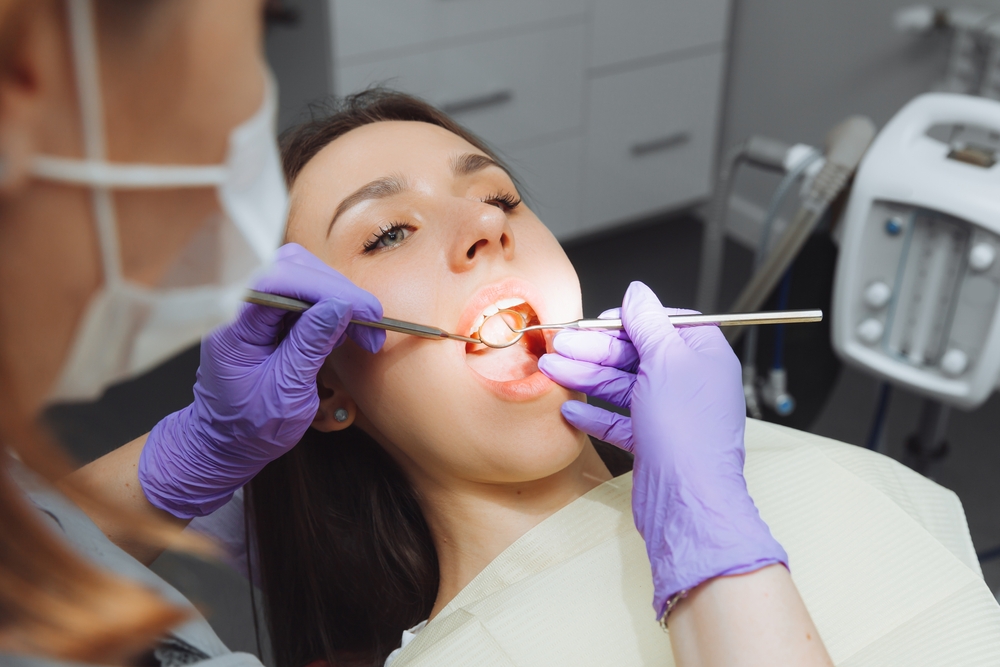Good oral care protects your smile, confidence, and overall health. Ignoring early warning signs can lead to more serious dental problems, but a good routine does not have to be complicated. Many people make common dental hygiene mistakes without realising it. If you’ve ever wondered if your daily routine is effective, you are not alone.
Many people go to the dentist in Grande Prairie when they notice symptoms like poor breath, bleeding gums, or dental sensitivity. These symptoms all mean that their routine needs to be adjusted. Brushing too rapidly or neglecting flossing may not seem like a big deal at first. These habits cause plaque to build up, gums to become irritated, and cavities to form over time. If you pay attention to early indicators, you can avoid pain and protect your oral health for a long time. Asking questions like “What are the signs of poor oral hygiene?” puts you on the right track to better dental care.
Why Does Breath Smell Bad Often?
Bad breath is one of the most noticeable warning signs that you need a better oral care routine. Persistent odour usually means bacteria are sitting on the tongue, gums, or between teeth.
If brushing and flossing do not help, it may be time for a check-in with a dentist near you for deeper cleaning or professional advice.
Why Do Gums Bleed or Hurt During Brushing?
Many people think bleeding gums are normal, but they often point to plaque buildup or early gum disease. Gum irritation is a key answer to the question: “What are the warning signs of poor dental hygiene?“ Healthy gums should not bleed during brushing or flossing. If they do, improving technique and consistency can help prevent more serious problems.
Why Are Your Teeth Feeling Sensitive?
Sensitivity to cold, hot, or sweet foods may mean that the enamel is weakening or the gums are receding. Both can happen due to poor brushing habits or skipping routine dental cleanings. Ignoring sensitivity can allow decay or infection to develop, so paying attention early makes a difference.
Why Are Teeth Looking Yellow or Dull?
If teeth appear darker, stained, or less shiny, it may be a sign of plaque buildup. A strong routine and regular dental hygiene in Grande Prairie can improve tooth colour and prevent stains from becoming permanent.
Why Does the Mouth Feel Dry Often?
A dry mouth gives bacteria more opportunity to grow, increasing the risk of decay and gum issues. Drinking more water and avoiding sugar-filled drinks can help. A dentist may recommend additional care if dry mouth continues.
Why Does The Smile Feel Different or Uncomfortable?
Shifting teeth, swollen gums, or difficulty chewing may indicate deeper dental problems. Noticing such changes early is important because small symptoms can turn into bigger dental concerns if ignored.
Ready for a Healthier Smile? Take the Next Step
Upgrading oral care habits can protect teeth, gums, and confidence. If you notice any signs that you need a better oral care routine, professional support can make a big difference. Book your dental hygiene appointment with Cobblestone Dental and give your smile the care it deserves.
FAQs
- What are some indications of poor dental hygiene?
Bad breath, bleeding gums, plaque buildup, stains, and tooth sensitivity are common early signs. - How often should I floss?
Flossing once a day helps remove plaque and food particles from areas your toothbrush can’t reach. - How often should I visit a dentist?
Most people benefit from a dental checkup every six months, unless a dentist recommends otherwise. - Can brushing too hard cause problems?
Yes, brushing with too much pressure can wear down enamel and irritate gums.

